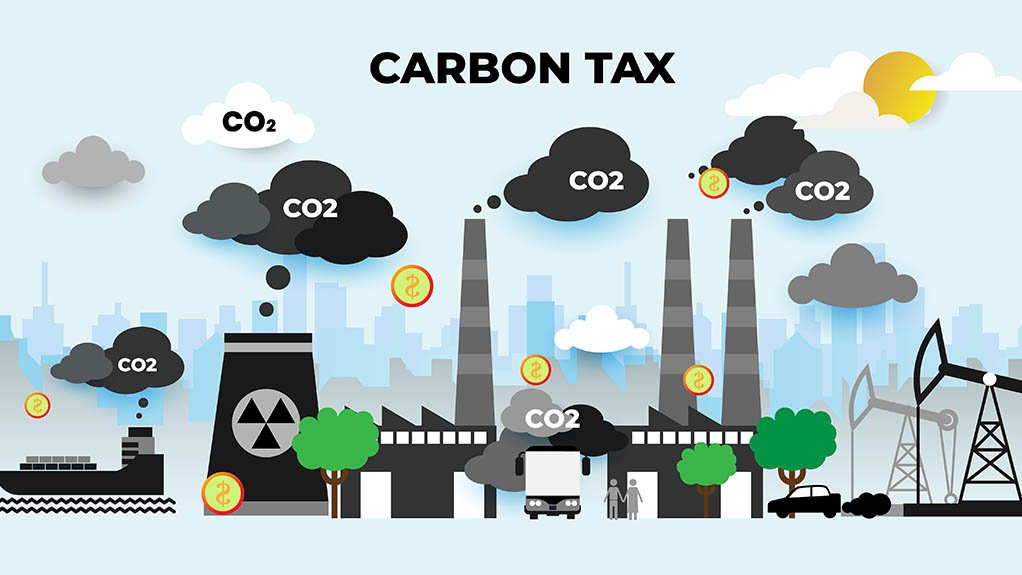Recent amendments to the European Union’s Carbon Border Adjustment Mechanism (CBAM) are set to significantly affect African exporters, particularly those in industries with high carbon emissions, experts say.
Introduced last month, these changes expand the scope of the CBAM to include indirect emissions — those generated by electricity used in production. This poses a serious challenge for African countries like South Africa, where coal-based power generation remains prevalent.
The CBAM, initially introduced in 2021, requires non-EU manufacturers to track and report their carbon emissions and purchase CBAM certificates equivalent to the EU carbon price. As the new regulations start to phase in, they will impact sectors reliant on carbon-intensive electricity. Yet, South African economist Seutame Maimele has warned that as “there’s still a lot of unpreparedness in terms of the greenhouse-gas [emissions reduction] infrastructure . . . we might need at least five years to prepare . . . to allow the South African affected firms to be well prepared.”
The amendments also adjust the thresholds for CBAM applicability, exempting smaller EU importers but targeting larger ones. Despite this, African exporters still face rising costs, with an estimated $25 billion GDP reduction for Africa due to the new tax, as carbon-intensive goods become more expensive in the EU market. While African nations have called for a delay or exemption from the CBAM, the proposed amendments offer no immediate relief. African exporters are advised to prepare by tracking emissions, engaging upstream suppliers, and investing in cleaner energy alternatives to remain competitive in the EU market.



